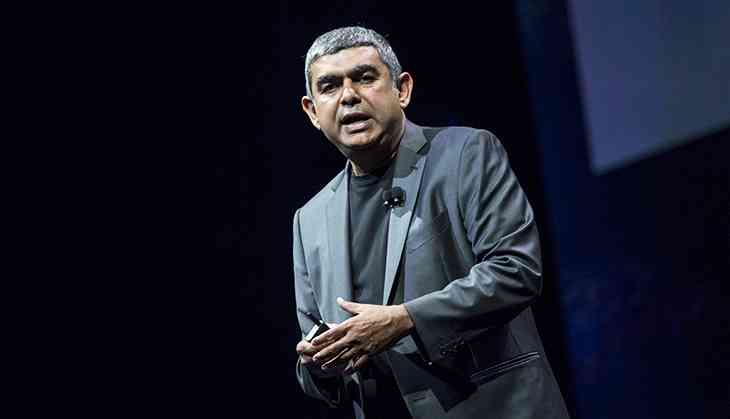Vishal Sikka's resignation: There could be more casualties if the founders' issues are not addressed

Vishal Sikka's resignation as the managing director and CEO of Infosys does not come as a surprise. It came after former founders of the company campaigned against him for months on issues of corporate governance.
In fact, it would not be surprising either if a few more members from the top management also put in their papers in the days to come.
Sikka held the post for three years and it was during his tenure that the second largest software company in India came under pressure. Infosys' revenue growth declined due to rising competition in the international market and the overall decline in orders for the Indian IT companies.
Though, Sikka defended his regime by arguing that during his tenure the Infosys revenues were the highest it has been in 15 years and the new processes introduced by the management would make the company more competitive.
However, the founders of Infosys, led by the former chairman Narayan Murthy, were not impressed and wanted more accountability and transparency in matters of corporate governance.
Since Sikka could not counter the constant attacks on his integrity, he preferred to call it quits, citing “personal attacks” as one of the reasons for his sudden decision to resign.
From paying unjustified severance packages to top executives to keeping the wage gap between the freshers and seniors high, charges against Sikka dealt some heavy blows on reputation as the leader of the company. Sikka was also accused of requesting for improper deals with customers and receiving 'inappropriate compensation' and incurring excessive expenses on his travel and security at the Palo Alto office.
Failed strategy to counter allegations
Even as Sikka faced several charges of impropriety along with his other colleagues, his defence never enthused much confidence among the stakeholders and founders.
For example, the company did set up a committee to probe two anonymous whistleblower complaints (forwarded to the company by the Securities and Exchange Board of India), alleging wrongdoing by Infosys during the acquisition of Panaya and Skava Systems in 2015. But, the reports of the findings made by an independent law firm, Gibson Dunn and investigation firm Control Risks, were never made public.
While the company posted a summary of the report on its website, it refused to share the full details of the findings.
Sikka failed to realise that the allegations against him were not coming from small proxy advisory firms, but from founders who had built a reputation for propriety and fairness over the years for themselves.
If at all Sikka is innocent, he required better communication with the media as well as the founders.
Future tense
Sikka's resignation comes as a temporary setback as the company management was to take a call on a share-buyback on Saturday (19 August).
The decision to buyback equity shares was considered in the wake of allegations against the management of not doing enough to increase the shareholders' value. Though one expects the buyback decision to remain intact, there is also a possibility of it getting delayed.
Lessons
Before the 90s, India was home to family-run businesses only. Therefore, the change in management happened only within families.
The fights usually happened between siblings on the issue of roles and shares in the company.
But companies like Infosys represented the lot of first-generation, publicly-held companies, where the promoters/founders did not pass on the baton to their family members, but to professional CEOs and MDs.
Founders like Murthy, who is known for living in two-bedroom flat and holding corporate governance dearer than profits, cannot be done away with considering their low shareholding in the company.
The Murthys of the corporate world, derive their power from the image of honesty and creating brand India in the world markets – cultivated over a period of two decades. Whatever they say, matters more than the words of a patriarch of a family-run business. The Sikkas of the Indian corporate world, must not ignore these Bhishma Pitamahs of their companies.
Edited by Jhinuk Sen
First published: 18 August 2017, 12:29 IST






![BJP's Kapil Mishra recreates Shankar Mahadevan’s ‘Breathless’ song to highlight Delhi pollution [WATCH] BJP's Kapil Mishra recreates Shankar Mahadevan’s ‘Breathless’ song to highlight Delhi pollution [WATCH]](https://images.catchnews.com/upload/2022/11/03/kapil-mishra_240884_300x172.png)

![Anupam Kher shares pictures of his toned body on 67th birthday [MUST SEE] Anupam Kher shares pictures of his toned body on 67th birthday [MUST SEE]](https://images.catchnews.com/upload/2022/03/07/Anupam_kher_231145_300x172.jpg)






